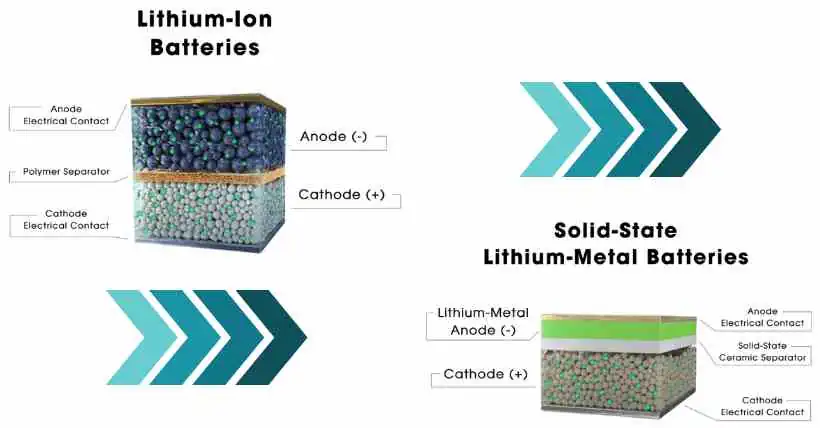On December 8th, Samsung made headlines worldwide with its declaration to gradually phase out lithium-ion batteries in favor of solid-state batteries. This decision comes as the company’s subsidiary undertakes the ambitious task of developing these cutting-edge batteries with the ultimate goal of implementing them across various technological platforms.
1. The Need for Transition
Samsung’s strategic shift from lithium-ion to solid-state batteries stems from a proactive approach to avoid potential incidents similar to the infamous Note 7 debacle. Safety concerns and past mishaps have propelled the company towards investing in innovative alternatives.
2. Safeguarding Future Devices
Acknowledging the hazardous outcomes of lithium-ion batteries, Samsung’s priority revolves around ensuring safety, especially in devices like smartphones and tablets. By embracing solid-state batteries, the company aims to mitigate risks and reinforce consumer trust.
3. Role in Electric Cars
Initially earmarked for electric vehicles, Samsung plans to inaugurate its inaugural batch of solid-state batteries in this burgeoning industry. The transition aims to revolutionize the automotive sector by bolstering the performance and safety of electric cars.
4. Advantages Galore
Solid-state batteries represent a leap forward in energy storage technology. Their utilization of solid materials for energy transfer not only enhances performance but also substantially elevates safety levels compared to conventional lithium-ion counterparts. Additionally, these batteries boast a notably higher energy density, promising longer-lasting power.
5. Challenges on the Horizon
Despite the promise of solid-state batteries, the hurdle remains in scaling up mass production to meet the demands of millions. While the technology has existed for some time, the challenge lies in its mass production and integration into various consumer devices.
6. Samsung SDI’s Commitment
Samsung SDI, the conglomerate’s arm dedicated to battery development, is unwavering in its pursuit of pushing the boundaries of solid-state battery technology. Their pursuit includes a specific goal of surpassing 900 Wh/L in energy density, a milestone to be achieved through sulfur-based technology.
7. Pioneering Sulfur-Based Technology
The incorporation of sulfur-based technology marks a significant stride in solid-state battery development. This innovation promises faster lithium-ion flow within a unit volume, propelling Samsung’s commitment to cutting-edge energy solutions.
In conclusion, Samsung’s bold move towards solid-state batteries signifies a pivotal step in ensuring technological advancement coupled with enhanced safety. This transition not only promises revolutionary changes in various industries but also underscores Samsung’s dedication to innovation and consumer well-being.
8. FAQs
-
Will solid-state batteries completely replace lithium-ion batteries in all devices?
Solid-state batteries are currently expected to replace lithium-ion batteries gradually. Their implementation will start in select devices like electric cars, followed by broader applications in smartphones and tablets.
-
What advantages do solid-state batteries offer over lithium-ion batteries?
Solid-state batteries offer improved safety, higher energy density, and enhanced performance compared to traditional lithium-ion batteries.
-
What challenges does the mass production of solid-state batteries pose?
The primary challenge lies in scaling up mass production to meet the demand for millions of units. Although the technology exists, achieving mass production is still a hurdle.
-
How does Samsung SDI plan to achieve an energy density exceeding 900 Wh/L?
Samsung SDI aims to achieve this goal through the adoption of sulfur-based technology, enabling faster lithium-ion flow within a unit volume.
-
When can consumers expect devices powered by solid-state batteries to become widespread?
While Samsung is working on implementing solid-state batteries, widespread adoption across various devices might take several years before becoming prevalent in the market.




